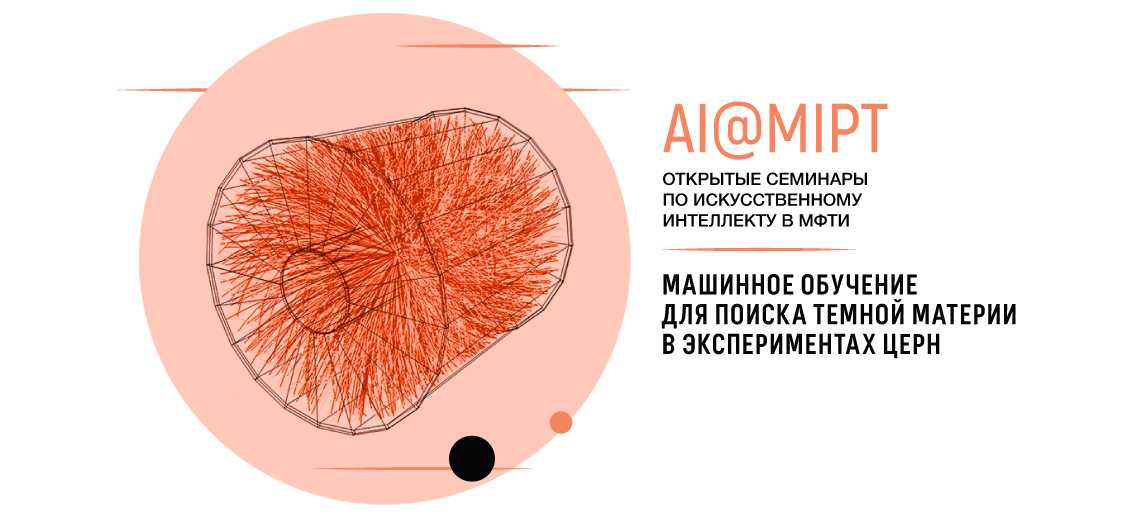Machine intelligence is looking for answers to the riddles of the universe. How - we will tell at the open seminar AI @ MIPT

On November 27, the regular meeting from the cycle of seminars on artificial intelligence “Machine learning for dark matter searching in CERN experiments” will take place at Fiztekh. Andrei Ustyuzhanin , Head of the Laboratory of Large Data Analysis (LAMBDA) HSE, Associate Professor of Computer Science at MIPT and Head of Joint Projects of the Yandex and CERN Data Analysis School, tells how LAMBDA works on using methods of machine learning and data analysis to solve problems in particle physics and astrophysics.
The seminar will begin at 18:30 in the audience of 107 MIPT Biokorpus. For full-time participation, you must first register . The lecture will also be broadcast online on the official page of the Teacher of Applied Science and Technology on VKontakte .
LAMBDA team members are inspired by the development and application of machine intelligence techniques to search for answers to the mysteries of the universe. They take an active part in data analysis and solving optimization problems of existing and upcoming experiments.
')
How will search for new particles
So far, two types of experiments have been carried out mainly on accelerators: collision of accelerated particle beams with each other or collision of an accelerated beam with a fixed target. Now scientists at CERN are preparing a new experiment: a beam of accelerated particles will crash into a fixed target, and particles born as a result of a collision will be inhibited by a special “shield” behind the target. The “shield” will ideally be designed in such a way that it absorbs all the known particles today. As a result, the few particles that overcome this “shield” and reach the detector will turn out to be exotic: there may be light particles of dark matter among them.
What does machine learning
Machine learning in this experiment will be used both for analyzing multiple particle tracks and for initial experiment simulation. For example, the optimal size, location and properties of sensitive elements will be selected. This approach will allow scientists to optimize the design of the experiment as best as possible for their tasks and to achieve high efficiency of the installation.
Andrei will also tell about the prerequisites for conducting a new experiment and its connection with the OPERA experiment, in which machine learning methods were used to study neutrino oscillations.
And while we are all waiting for Monday, you can see the video and presentations of previous seminars in the Telegram channel or the group AI @ MIPT Vkontakte .
Source: https://habr.com/ru/post/343146/
All Articles